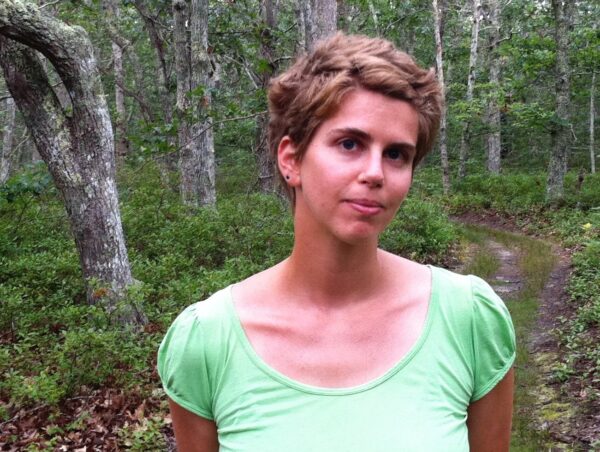Olivia Weisser is an assistant professor at the University of Massachusetts Boston. She lives in Cambridge, Massachusetts, and has been a member since 2005.
 Website: https://www.umb.edu/academics/cla/faculty/olivia_weisser
Website: https://www.umb.edu/academics/cla/faculty/olivia_weisser
Twitter: @OliviaWeisser
Alma maters: BA (history), Wesleyan University; PhD (history of medicine), Johns Hopkins University
Fields of interest: history of medicine, British history, history of gender and sexuality
Describe your career path. What led you to where you are today? My path to where I am today has been fairly linear. I dressed up as historical figures for Halloween when I was little (Betsy Ross, Mary Queen of Scots), and by middle school I wrote term papers on the bubonic plague. By the end of college I was utterly immersed in a senior thesis on 17th-century medical astrology. I devoted a summer to conducting archival research in London. By that point, I knew that I wanted to go to graduate school to study the history of medicine.
What do you like the most about where you live and work? Boston is an amazing place to be a historian because history is everywhere! I walk past a 17th-century church on my way to work. My favorite part about teaching at my particular university is the students. They are incredibly dynamic and earnest, and I learn a lot from them.
What projects are you currently working on? I finished my first book, Ill Composed, a few years ago and am now in the midst of a new project on the history of venereal disease. I am looking at a group of competitive, and quite frankly mean, healers who specialized in treating the disease in London in the early 1700s.
What’s the most fascinating thing you’ve ever found at the archives or while doing research? A couple months ago I found some ivy leaves pressed into the pages of a medical recipe book from the 1670s. I often think about how the books and letters I read in the archives are made from paper and ink that are hundreds of years old, but I rarely come across physical objects in my research. Finding those leaves was really evocative—a different kind of peek into the life of the woman who compiled that book.
Is there an article, book, movie, blog etc. that you could recommend to fellow AHA members? I recently read God’s Hotel by Victoria Sweet and really loved it. Sweet describes her work as a doctor at a facility for destitute, chronically ill patients in San Francisco. She is also a historian of medieval medicine, and the book charts how her historical research shapes her thinking about both clinical practice and the development of modern-day healthcare institutions that focus on efficiency at all costs.
What do you value most about the history discipline? I like how history combines the art of storytelling with the rigor of proving arguments.
AHA members are involved in all fields of history, with wide-ranging specializations, interests, and areas of employment. To recognize our talented and eclectic membership, Perspectives Daily features a regular AHA Member Spotlight series.
This work is licensed under a Creative Commons Attribution-NonCommercial-NoDerivatives 4.0 International License. Attribution must provide author name, article title, Perspectives on History, date of publication, and a link to this page. This license applies only to the article, not to text or images used here by permission.



